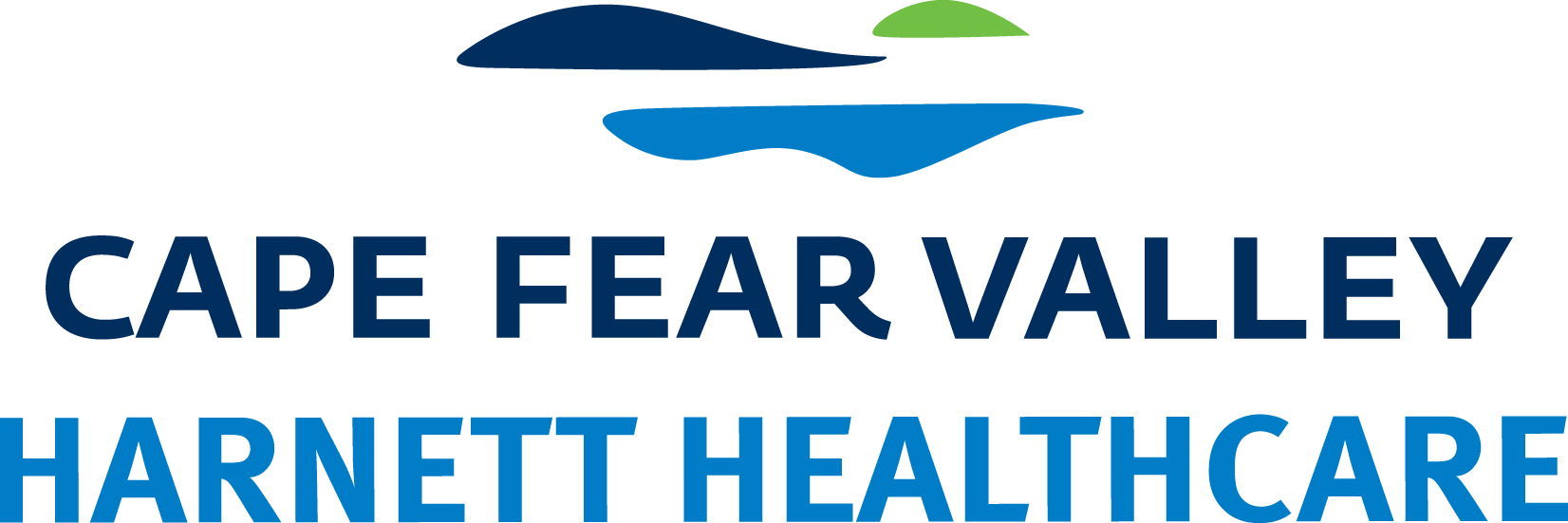Community Education
Seek immediate medical attention by calling 911 if you are having the symptoms below …
Symptoms of a Heart Attack:
- Chest Pain or Discomfort: Pressure, tightness, squeezing or aching in the chest.
- Upper Body Discomfort: Pain, discomfort or aching in one or both arms, the back, neck, jaw or stomach.
- Shortness of Breath: Difficulty breathing or feeling unable to catch your breath, even during minimal physical activity.
- Nausea or Indigestion: Nausea, vomiting or persistent indigestion that does not improve with antacids.
- Cold Sweats: Sudden, unexplained perspiration accompanied by a cold, clammy feeling.
- Lightheadedness or Dizziness: Feeling dizzy, light-headed or on the verge of fainting.
Symptoms of a Stroke:
To recognize the signs of a stroke, you can follow the FAST acronym:
- Face drooping: One side of the face may droop or feel numb. Ask the person to smile to check for unevenness.
- Arm weakness: One arm may feel weak or numb. Ask the person to raise both arms and see if one arm drifts downward.
- Speech difficulties: Speech may be slurred or difficult to understand. Askthe person to repeat a simple sentence and listen for any abnormalities.
- Time to call for help: If you notice any of these signs, it’s crucial to act quickly and get medical help.
If you or someone you know are experiencing these symptoms, do not delay seeking help. Time is of the essence during a heart attack or stroke, so act swiftly as prompt action can save lives.
Do you know how to perform hands only CPR?
Do you know your risk for developing heart disease or stroke?
Calculate your 10-year risk using this algorithm by the American College of Cardiology/American Heart Association Task Force.
